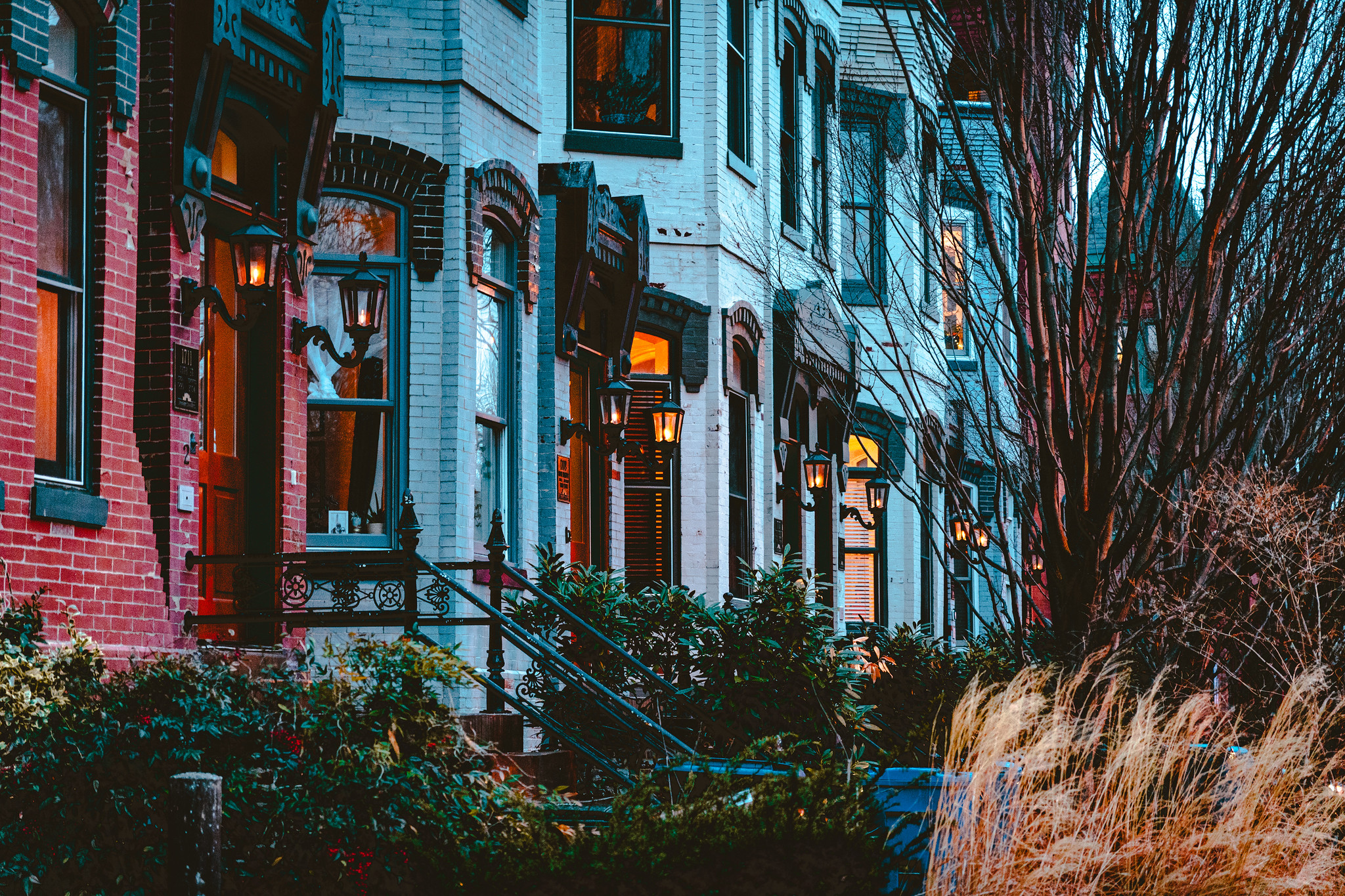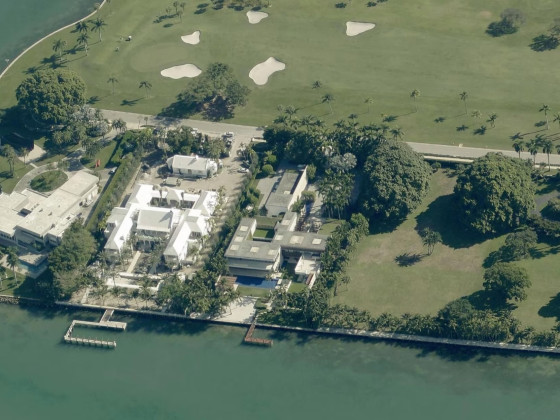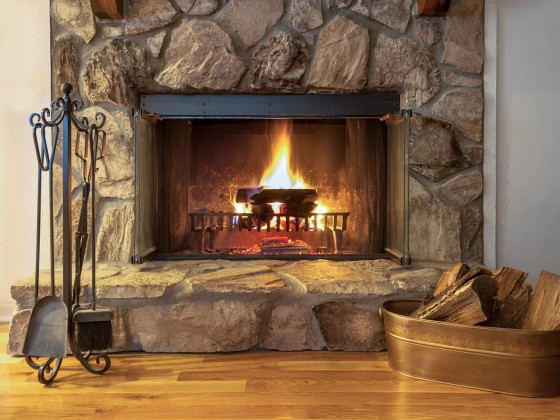What's Hot: Did January Mark The Bottom For The DC-Area Housing Market? | The Roller Coaster Development Scene In Tenleytown and AU Park
 How DC, Maryland, and Virginia are Implementing The Homeowner Assistance Fund
How DC, Maryland, and Virginia are Implementing The Homeowner Assistance Fund
✉️ Want to forward this article? Click here.

As many pandemic housing payment relief programs have run their course, another federal program has recently started to ramp up.
The federal Homeowner Assistance Fund (HAF) was implemented via the American Rescue Plan Act in early 2021, and states began enacting their own versions last fall. The program is meant to help homeowners who earn up to 100% or 150% of area median income (AMI) and have experienced Covid-related financial hardships and delinquencies in paying housing-related costs on their primary residences.
Below, UrbanTurf highlights how the three local jurisdictions are making these relief funds available.
story continues below
loading...story continues above
DC's Department of Housing and Community (DHCD) has received $5 million of its $50 million allotment from the Treasury Department. The city began accepting applications for their HAF Pilot Program in October. The program provides grants to condo owners in the 20019, 20020, 20024, and 20032 zip codes who purchased their units using DHCD's down payment and/or closing cost assistance programs.
The aid comes in the form of a grant and covers delinquent payments on mortgages, condo fees, homeowner's insurance, property taxes, etc. Although the program is highly targeted now, eligibility is expected to expand at a later date.
Maryland's DHCD will use a total of $248 million over three years to provide either grants or loans to homeowners delinquent on their payments. The grants, with a maximum of $10,000, are for households earning up to 100% AMI who could be displaced within 90 days.
The loans are 0% interest, have a maximum of $30,000, and are for households earning up to 150% AMI who have been delinquent and/or in forbearance for at least three months. Loan payments will be deferred for the life of the first mortgage and are due upon refinance, transfer, pay-off or sale. At time of repayment, DHCD has discretion to offer a payment plan or some measure of loan forgiveness depending on the situation.
The Virginia Mortgage Relief Program is getting roughly $250 million to use through September 2026 (or until funds run out). Eligible homeowners must be no more than $30,000 or 20 months behind on their mortgage or other housing expenses. Qualified expenses include mortgage pyaments, various forms of home insurances, property taxes, and lot rental fees for mobile homes (although actual lot rent qualifies as rent relief).
The program has three options: a "reinstatement" grant to bring homeowners with a housing expense-to-income (HTI) ratio of no more than 40% current on their mortgage or expenses; a "reinstatement" lump sum grant that pairs the aforementioned with future payments for households with an HTI ratio above 40%; and an assistance program for homeowners who do not have a mortgage but need help with other expenses.
Photo by Ted Eytan.
See other articles related to: mortgage assistance, mortgage relief
This article originally published at https://dc.urbanturf.com/articles/blog/how-dc-maryland-and-virginia-are-implementing-federal-homeowner-assistance-/19354.
Most Popular... This Week • Last 30 Days • Ever

Lincoln-Westmoreland Housing is moving forward with plans to replace an aging Shaw af... read »

The small handful of projects in the pipeline are either moving full steam ahead, get... read »

A report out today finds early signs that the spring could be a busy market.... read »

A potential collapse on 14th Street; Zuckerberg pays big in Florida; and how the mark... read »

A potential innovation district in Arlington; an LA coffee chain to DC; and the end o... read »
DC Real Estate Guides
Short guides to navigating the DC-area real estate market
We've collected all our helpful guides for buying, selling and renting in and around Washington, DC in one place. Start browsing below!
First-Timer Primers
Intro guides for first-time home buyers
Unique Spaces
Awesome and unusual real estate from across the DC Metro














